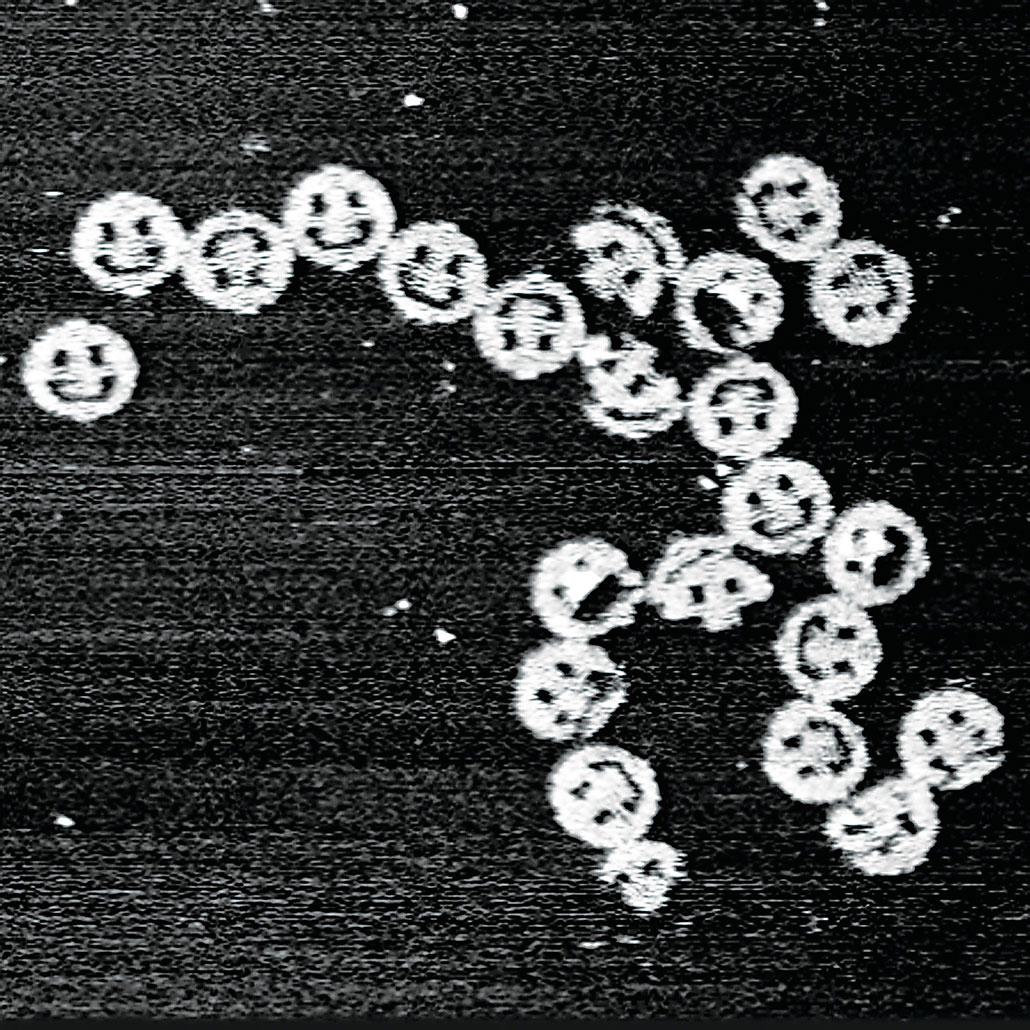Physical Address
304 North Cardinal St.
Dorchester Center, MA 02124
Physical Address
304 North Cardinal St.
Dorchester Center, MA 02124

Synthetic biology, a field that aims to engineer life, is making significant strides in tackling disease and giving cells superpowers. By harnessing the power of nanomachines and biomimetic technologies, scientists are exploring innovative ways to repair faulty proteins, replace damaged cells, and even create new forms of life.
One of the main causes driving the advancements in synthetic biology is the need to address diseases and health problems that arise from broken bio-machinery within our cells. Proteins, which are nature-made machines, play crucial roles in various cellular functions. However, when these proteins malfunction, it can lead to the development of diseases and other health issues.
The challenge lies in artificially re-creating proteins in the lab. Making proteins is a complex process that requires the precise linking of amino acids in the right order and the correct folding of the protein structure. This process is difficult and costly, and proteins are also fragile, making them susceptible to changes in pH and temperature.
To overcome these challenges, synthetic biologists have turned to nanomachines and biomimetic technologies. These artificial machines can mimic the functions of proteins, but with greater stability and using fewer ingredients. By creating nanomachines that can repair faulty proteins or act as synthetic replacement parts, scientists hope to restore proper cellular function and alleviate the symptoms of diseases.
Moreover, synthetic biology offers the potential to give cells new abilities. Researchers are exploring ways to develop novel biomachines that can enhance cellular functions and even create entirely new forms of life. By designing nanomachines that can perform specific tasks, such as targeting and destroying cancer cells or boosting the immune system, synthetic biologists aim to revolutionize medicine and improve human health.
Another cause driving the advancements in synthetic biology is the quest to develop alternative solutions to traditional medical interventions. Instead of trying to heal or repair old or damaged body parts, synthetic biologists envision replacing them with new ones. This could involve creating new organs or body parts, such as lungs for individuals with respiratory diseases or replacement limbs for amputees.
Through synthetic biology, scientists are pushing the boundaries of what is possible in medicine and biology. While the full realization of these advancements may be a distant goal, the potential to transform healthcare and improve the quality of life for individuals with various health conditions is within reach.
As synthetic biology continues to evolve, researchers are dedicated to refining and expanding their knowledge and techniques. By combining deep understanding of biology, engineering principles, and cutting-edge technologies, they are paving the way for a future where diseases can be effectively tackled, and cells can possess superpowers.
The advancements in synthetic biology have had a profound effect on disease treatment and the enhancement of cell abilities. Through the use of nanomachines, biomimetic technologies, and innovative approaches, synthetic biology is revolutionizing the field of medicine and offering new possibilities for improving human health.
One of the significant effects of synthetic biology is the potential to repair and restore proper cellular function. By developing nanomachines that can repair faulty proteins or act as synthetic replacement parts, scientists have the opportunity to address the underlying causes of diseases. This can lead to improved treatments for various health conditions, such as retinitis pigmentosa, where synthetic proteins have been used to repair faulty rhodopsin and restore vision in animal models.
Furthermore, synthetic biology has the potential to give cells new abilities and superpowers. By designing and implementing novel biomachines, researchers can enhance cellular functions and create cells that can perform tasks beyond their natural capabilities. This opens up possibilities for targeted cancer therapies, where synthetic nanomachines can selectively target and destroy cancer cells while leaving healthy cells unharmed.
The effects of synthetic biology extend beyond disease treatment. The field has the potential to revolutionize organ transplantation by creating new organs or body parts. This could significantly impact individuals with organ failure or those in need of transplants, offering them a chance at a better quality of life. Synthetic biology also holds promise for regenerative medicine, where cells can be engineered to regenerate damaged tissues and organs.
Moreover, the advancements in synthetic biology have far-reaching implications for the future of healthcare. By understanding and manipulating cellular processes, scientists can develop personalized medicine approaches tailored to an individual’s unique genetic makeup. This could lead to more effective and targeted treatments with fewer side effects.
While the full realization of the potential of synthetic biology may still be in the future, the effects of its advancements are already being felt in the scientific community. Researchers are continuously pushing the boundaries of what is possible, exploring new technologies, and refining their techniques to unlock the full potential of synthetic biology in disease treatment and cell abilities.
As synthetic biology continues to evolve, it is essential to consider the ethical implications and ensure responsible use of these technologies. Balancing scientific progress with ethical considerations will be crucial in harnessing the full potential of synthetic biology for the benefit of humanity.
If you’re wondering where the article came from!
#